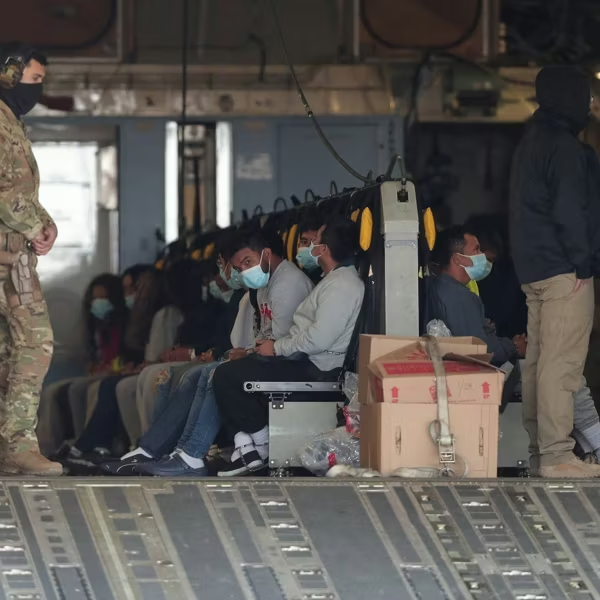The United States has moved a dozen people held at Afghanistan's notorious Bagram prison to their countries of origin, leaving approximately 38 non-Afghan detainees to languish behind bars, Reuters revealed Friday.
President Obama informed U.S. Congress of the transfers in a letter delivered on Thursday. Information about the repatriations was not disclosed to the public, in keeping with the intense secrecy surrounding this detainee population.
According to an anonymous U.S. defense official who spoke to Reuters, detainees were returned to France, Kuwait, and Pakistan at the end of May. The conditions of their repatriation, the length of their incarceration, and the identities of those moved were not immediately clear.
While the U.S. ostensibly handed partial control over the prison to Afghan authorities last year, it continues to detain non-Afghans held at the facility, which has been referred to as the "Forgotten Guantanamo." The men are believed to have been detained in Afghanistan or transferred by the CIA to the prison, where they are stripped of their legal rights and, in many cases, held in legal limbo without charge or trial.
The prison is known for torture and abuse, including sleep deprivation, beatings, sexual assault, rape, and humiliation.
The fate and identities of the remaining detainees, who hail from Yemen, Tunisia, Pakistan, and Russia according to Reuters, are still unknown.
As Spencer Ackerman recently pointed out in the Guardian, President Obama's announcement last month that he will extend the U.S. war in Afghanistan for at least another two years could force many of those held at Bagram prison to face longer incarceration.
_____________________



